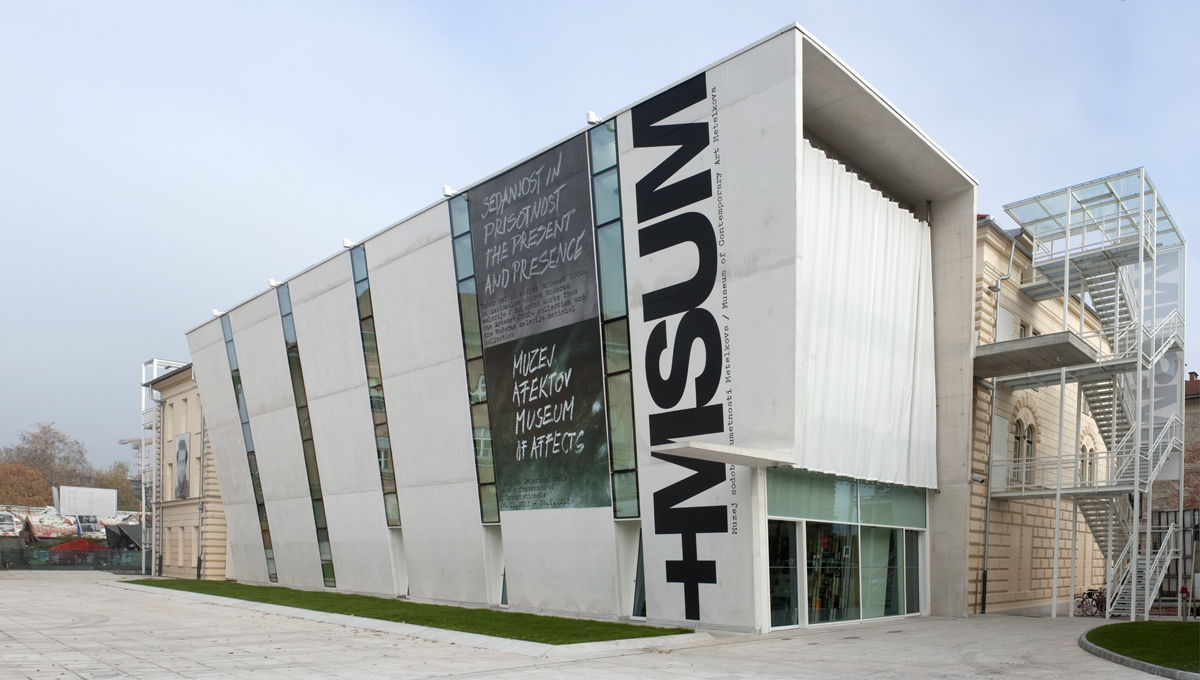The Vigil
Video diptych, 2013
97 minutes
Portable Autodidactic Library
Print, bookshelf, books and reading table, 2013
In Vigil Raqs telescope the fortunes of a football match (the 20th round of the Chinese Football Association Super League in 2012 at the Hongkou Football Stadium in Shanghai) between two rival Chinese football clubs (Shanghai Shenhua F.C and Hangzhou Green Town F.C. ) into an orchestrated meditation on time and fate. The exhilaration, the exhaustion, long periods of waiting, the despair, the loneliness, the frenzy, the fear, the hostility, the laughter, the applause, the frustration, the remorse are read across two static camera positions in a football game. Fixated on the two goals, the cameras yield footage that enables a reading of the two goal-keeper’s faces, their postures and gait – as a chronology of emotions, layered with the electric intensity of a crowd that marks every moment in the game with its vivid presence.
A football match becomes an atlas of time, with continents of fortune and misfortune, striated by alternating currents of triumph and disaster coursing through the crowd, marked by a tonality of emotions and states of being with others. All of this, and more, is found inscribed on the bodies of the two men who guard the goals at two ends of an unsettled score.
The Portable Autodidactic Library is a configuration of a reading table with stools, a bookshelf with books and an image that features a stack of books with no titles on their spines.
Taken together, these elements constitute a representation of the way in which Raqs Media Collective likes to think about its self-education –
a) The Namak Haram’s Philosophy – an image of books without titles that gestures to the need for new knowledge with which to fill the emptiness of existing ways of knowing the world.
b) The Bookshelf for Kinetic Contemplation – a bookshelf full of publications that Raqs has played a hand in the making of (including a reader on Raqs in Chinese launched in tandem with Extra Time as well as several publications from the Sarai (The Sarai Reader Series (1-9), graphic novels, conference records and books from the Cyberomhalla in Delhi – a process that Raqs remained closely associated with for more than a decade
c) Tabula Rasa – a clean white table, designed by their occasional collaborators – the architects Nicholaus Hirsch and Michel Muller for the ‘Tabula Rasa’ space and program curated by Raqs with Denis Isaia as an annexure to their main curated exhibition ‘The Rest of Now’ in Manifesta 07 in Bolzano in 2008. This table was designed to flexibly accommodate the working needs of diverse groups, communities, informal initiatives and associations in Bolzano that were invited to periodically use the ‘Tabula Rasa’ space within the exhibition to animate their own activities and desires.
The Portable Autodidact’s Library is an adaptable working and study space, where visitors can consult the books on offer, make notes and leave observations and traces, and consider the new, as yet unwritten books that they may want to read or write by contemplating the Namak Haram’s Philosophy.
The Raqs Media Collective enjoys playing a plurality of roles, often appearing as artists, occasionally as curators, sometimes as philosophical agent provocateurs. They make contemporary art, have made films, curated exhibitions, edited books, staged events, collaborated with architects, computer programmers, writers and theater directors and have founded processes that have left deep impacts on contemporary culture in India. Raqs (pron. rux) follows its self-declared imperative of “kinetic contemplation” to produce a trajectory that is restless in terms of the forms and methods that it deploys even as it achieves a consistency of speculative procedures.
The Raqs Media Collective was founded in 1992 by Jeebesh Bagchi, Monica Narula and Shuddhabrata Sengupta. Raqs remains closely involved with the Sarai program at the Centre for the Study of Developing Societies (www.sarai.net), an initiative they co-founded in 2000.


